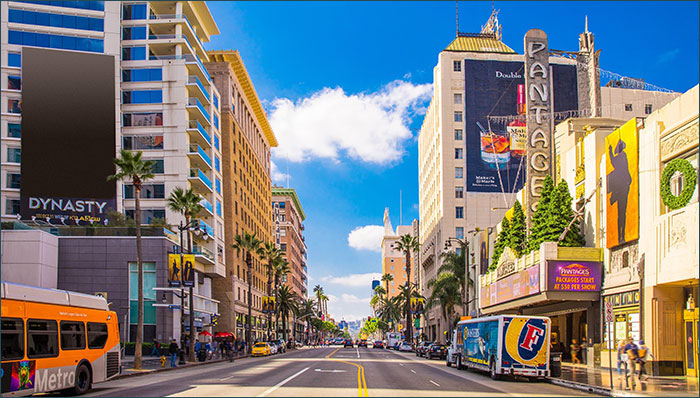Flexible packaging has emerged as one of the fastest-growing segments in the packaging industry, offering a unique blend of versatility, sustainability, and cost-effectiveness. A Flexible Packaging Company specializes in producing packaging materials that are not rigid, such as pouches, bags, wraps, and films. These materials are used across a wide range of industries, including food and beverage, pharmaceuticals, cosmetics, and pet care.To get more news about Flexible Packaging Company, you can visit mtpak.com official website.
One of the key advantages of flexible packaging is its lightweight nature. Compared to traditional rigid containers like glass jars or metal cans, flexible packaging significantly reduces transportation costs and carbon emissions. This is particularly important in today’s global supply chains, where efficiency and sustainability are top priorities. Flexible Packaging Companies have responded to this demand by investing in advanced materials and production technologies that minimize waste and maximize performance.
Innovation is at the heart of the flexible packaging industry. Companies are constantly developing new barrier films that protect products from moisture, oxygen, and light, extending shelf life and preserving freshness. For example, multi-layer laminates can be engineered to meet specific product requirements, such as aroma retention for coffee or puncture resistance for frozen foods. These technical advancements not only improve product quality but also enhance consumer convenience.
In addition to functionality, flexible packaging offers a wide canvas for branding and design. High-quality printing techniques allow companies to create eye-catching graphics and informative labels directly on the packaging. This is especially valuable in retail environments, where packaging plays a crucial role in attracting customers and communicating product benefits. Flexible Packaging Companies often work closely with brand owners to develop customized solutions that align with marketing strategies and regulatory requirements.
Sustainability is another driving force behind the growth of flexible packaging. Many companies are now producing recyclable and compostable materials, responding to consumer concerns about plastic waste. Mono-material structures, which are easier to recycle than multi-layer composites, are gaining popularity. Some firms are also exploring bio-based polymers derived from renewable resources like corn or sugarcane. These efforts reflect a broader industry commitment to environmental stewardship and circular economy principles.
Flexible Packaging Companies also play a vital role in food safety and hygiene. Their products are designed to meet strict regulatory standards and undergo rigorous testing to ensure compliance. Features like resealable zippers, tamper-evident seals, and antimicrobial coatings add layers of protection and convenience. In the pharmaceutical sector, flexible packaging is used for blister packs, sachets, and medical-grade pouches that safeguard sensitive products from contamination.
The digital transformation of manufacturing has further enhanced the capabilities of Flexible Packaging Companies. Automation, data analytics, and smart sensors are being integrated into production lines to improve quality control and reduce downtime. Digital printing allows for shorter lead times and personalized packaging runs, catering to niche markets and promotional campaigns. These technologies enable companies to be more agile and responsive to changing consumer demands.
Despite its many benefits, the flexible packaging industry faces challenges. Recycling infrastructure is still limited in many regions, and educating consumers about proper disposal remains a hurdle. Moreover, balancing performance with sustainability requires ongoing research and collaboration across the value chain. Flexible Packaging Companies are actively engaging with stakeholders, including governments, NGOs, and retailers, to address these issues and promote responsible practices.
In conclusion, Flexible Packaging Companies are at the forefront of innovation, sustainability, and consumer engagement. Their products offer practical solutions to modern packaging needs while supporting environmental goals and enhancing brand value. As the industry continues to evolve, these companies will play a pivotal role in shaping the future of packaging and driving progress across multiple sectors.





